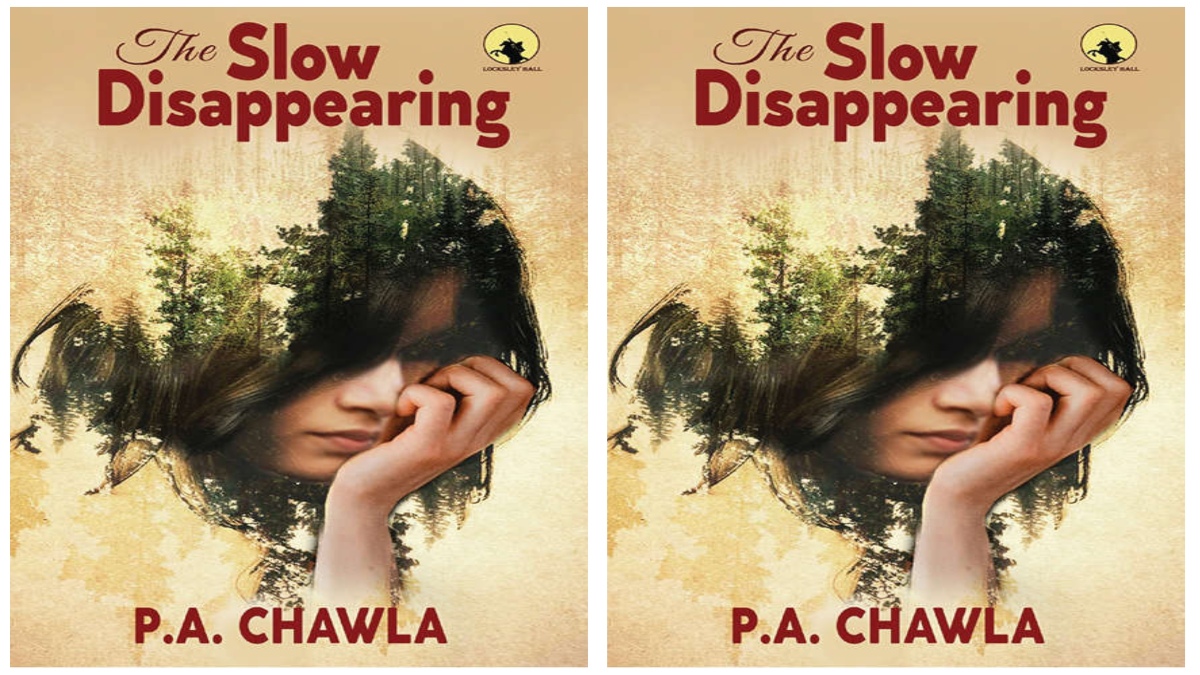


One seldom rises at the hour of prayer, thinking, let me be neglectful to the elderly parent, relative or in-law living under my roof, today. But somewhere between shrugging into a starched shirt and biting into your morning toast, the brain goes into overdrive; it separates into neat little boxes, what must be done now, what must be done next week and what must be delegated.
Most likely, the elderly are tucked away in the last box, to be opened at a later date with reluctant fingers.
THE CAREGIVER
When I grow up I want to fold myself into a comma awaiting forever, the end of my sentence. Says no one ever but, if you are forced into caregiving or even if you make the choice to be a caregiver, there are many days you feel that way, like life in suspension, unsaved by poetic flourishes.
Your duties like the ticking clock are circular, unchanging. Yet, the attendant responsibilities and psychological ramifications of care make you want to curl up in a ball and whimper. You need help:
REMIND YOURSELF
Is this the rest of my life? When the thought makes you want to breathe into a paper bag – remind yourself that it is not. This phase will play itself out. For now, your job is to put one foot in front of another and not let your mind leap into a past romanticised with memory or a future tricky and fog-shaped. Dispense that medicine. Change that diaper. Feed that mouth and wipe those lips. That is what matters now, and it matters immensely. It allows a person to live out this last stage of their life with a few breaths of grace.
SELF-CARE IS NOT BEING SELFISH
The elderly are fragile. They break easily. You cannot handle them with a shaky hand or a disturbed mind. So, don’t minimise your problems and do take care of your health.
Annika, in my book The Slow Disappearing, admits:
“There are times when I have a headache or it burns when I pee or I have a cold I cannot shake, and I’m fully aware how petty that is, for what is a cold when one is losing words or losing one’s foothold on one’s surroundings? And that is when I detest the sound of her phlegmy cough, the overdrawn drama, the canned revelry of game shows on television, and her passive-aggressive silences.”
Seek advice from your doctor if you are unwell, allow your kindly neighbour to pamper you, look into community resources available for the elderly – a day trip to the temple with their peers, arranged by a Senior Citizen Welfare group can be wonderful for their spirits and yours. Take that time to slip away to the mountains, if not physically – by way of a song, a walk in the park, a steamy read.
FORGET SOCIAL MEDIA
Forget social media or at least look at the kaleidoscopic shapes of social media objectively. Facebook is a moment shaken out of time. It’s a touch of instant glamour, like that new shade of burgundy lipstick you bought for special occasions. Don’t let it fill you with envy or resentment.
Life is messy. Other people are not floating in a rosy parallel, above-the-grime world unexposed to disinfectants and deranged rants. Every image you see is someone auditioning for an imagined life.
SEE AND TOUCH
In this day of over-verbalisation, platitudes are worn thin with overuse. We love you, we care about you, we hope you are well… is all very well. But know that if you wash and brush the hair of the ones under your care; if you clip their toe-nails; if you really look into their storied eyes, and see them for who they are – the murtis of hope, compassion, forgiveness, and despair and countless other stories – you will become their Tulsidas and their Tagore. Your touch will heal.
And when you realise that the opaque membrane between youth and ageing is thinning daily, you will know empathy – that care-shaped emoji at the end of the sentence.
GIVE AND TAKE
As a child, you might have read the story of The Giving Tree. How it shelters and nurtures a boy, with every portion of its being – The trunk, the branches, the fruit, the leaves – à votre service, up until the end, when it shrivels to a stump. The tree gives. The child takes.
I like to akin the elderly to the forest trees: sheltering, nurturing until they shrivel to unrecognisable stumps. Perhaps we can change the ending to that story: The tree gives. The child gives back.
Poonam Chawla is the author of The Slow Disappearing.